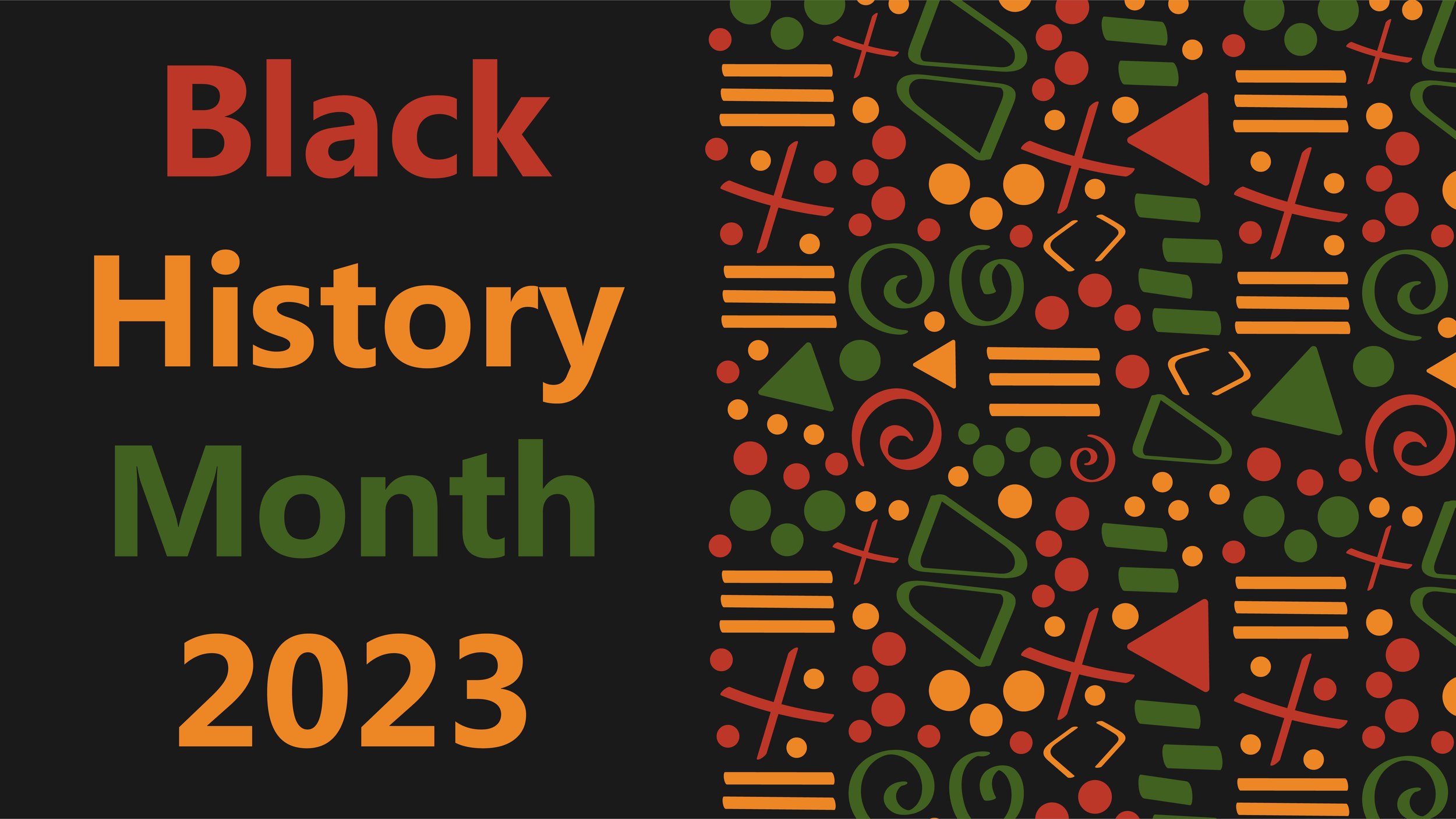More than a Month: Black History
The courage of those who fought against slavery and for civil rights In the United States is honored in the month of February. While school children learn about heroes of the past during this month, clearly issues of racial equality cannot be viewed as historical phenomena, nor are these struggles limited to the United States.
As researchers, what do we need to know in order to design studies that will have a meaningful impact and improve public understanding? What problems merit disciplined scholarly inquiry? How can we engage respectfully with diverse co-researchers, gatekeepers, and participants? How do we teach and guide future researchers? These are, of course, enormous questions that will require more than one fleeting month of exploration.
Researching Race and Racism
SAGE Research Methods is a library database. If you would like to access the SAGE e-books, articles, case studies, videos, and datasets mentioned in these posts, explore SAGE Research Methods with a free trial.
What can we learn from scholarly research to better understand these complex issues? Find a collection from SAGE Research Methods in this Reading List. These sources include a wide range of books, chapters, articles, and case studies about race, racism, and research methods for studying them. You can share the list with colleagues and students or save the list into your own account. You can create your own list(s) on topics more precisely aligned to your own interests.
Search the SAGE Race and Justice: An International Journal for relevant articles. This journal includes both open-access and subscription-only articles.
Race and Justice:serves as a quarterly forum for excellent scholarship on race, ethnicity, and the justice system. The journal prioritizes rigorous empirical studies that use quantitative, qualitative, or mixed methods. RAJ’s scope includes policy examinations, theory tests, program evaluations, and other types of studies that speak directly to policy, practice, or theory and advance the scholarly literature in one or more substantive areas. The journal is open to scholarship from all disciplinary origins and from countries around the globe.
Original Source Materials in Online Archives
You can also find collections of documents, photographs, and media from the US Library of Congress. These include everything from hand-written correspondence from Abraham Lincoln, Rosa Parks: In Her Own Words, recordings made of early blues music, or links that allow you to make virtual visits to African American Heritage Sites. If you are wondering how to use these original source materials in your scholarly work, you might find ideas in these Methodspace posts:











This year we need to honor Martin Luther King's legacy with both reflection and action! In this post, find links to lots of original source materials, including documents and recordings.